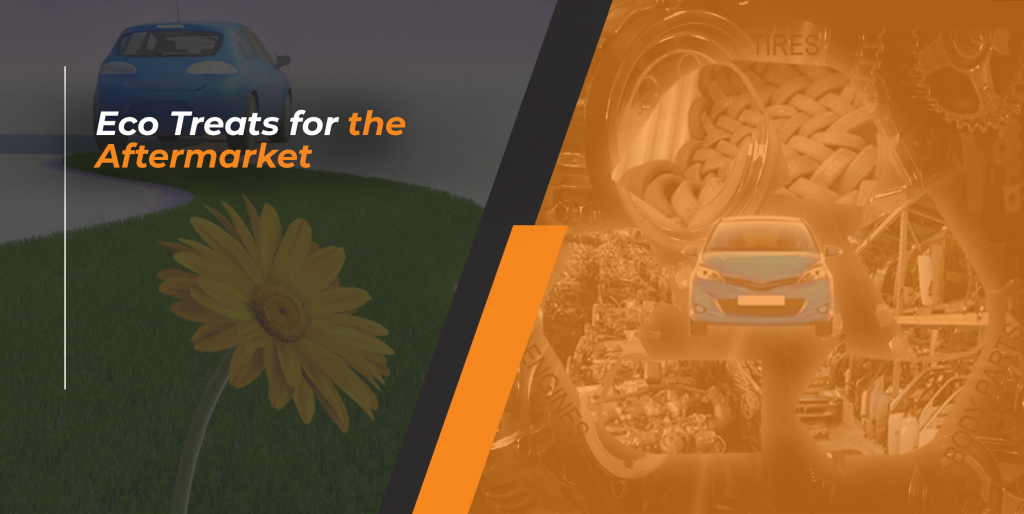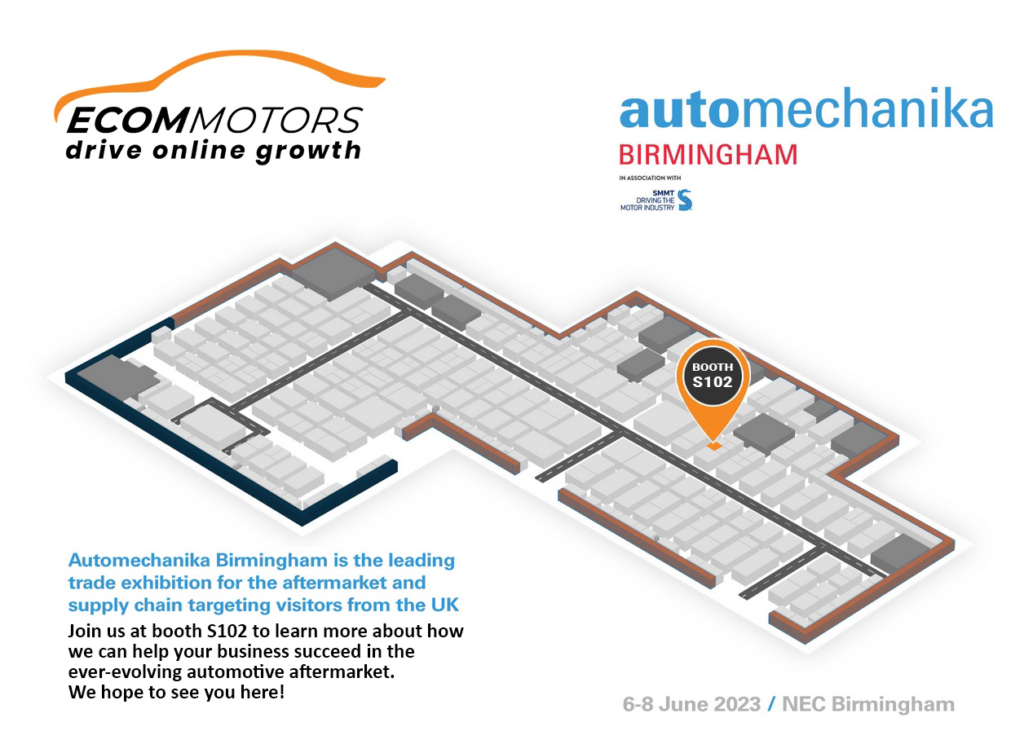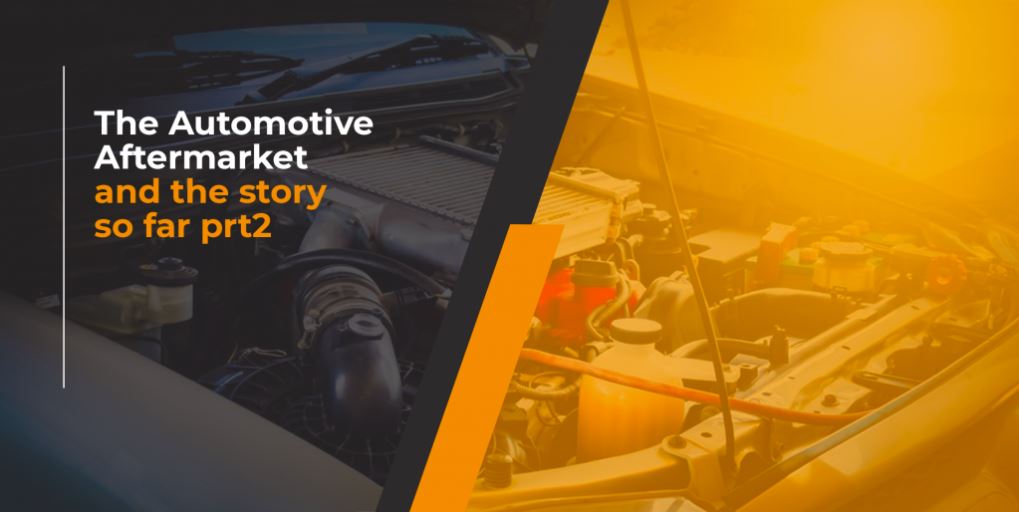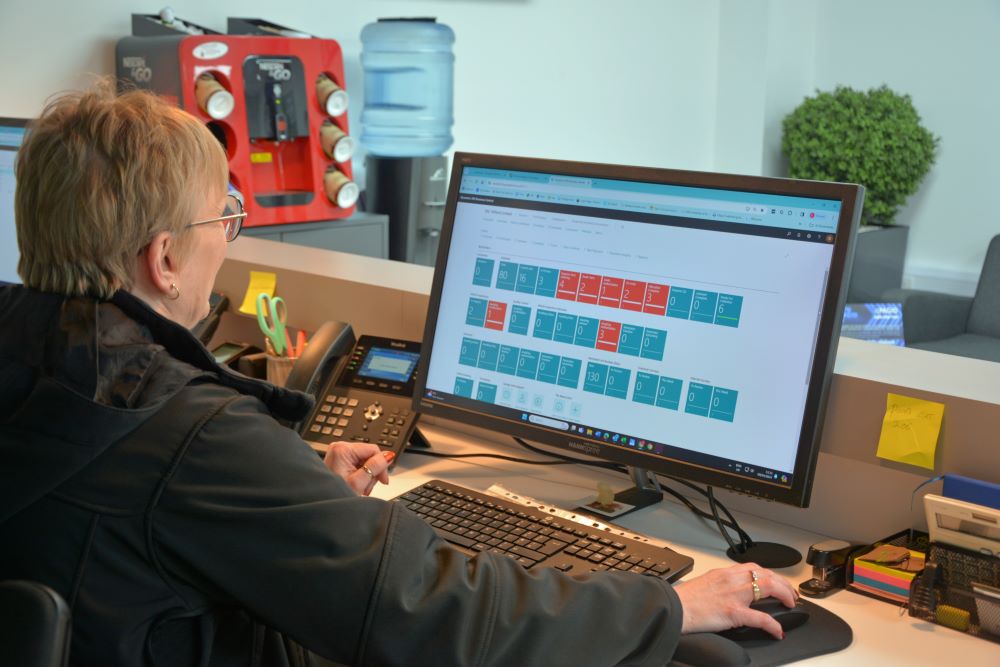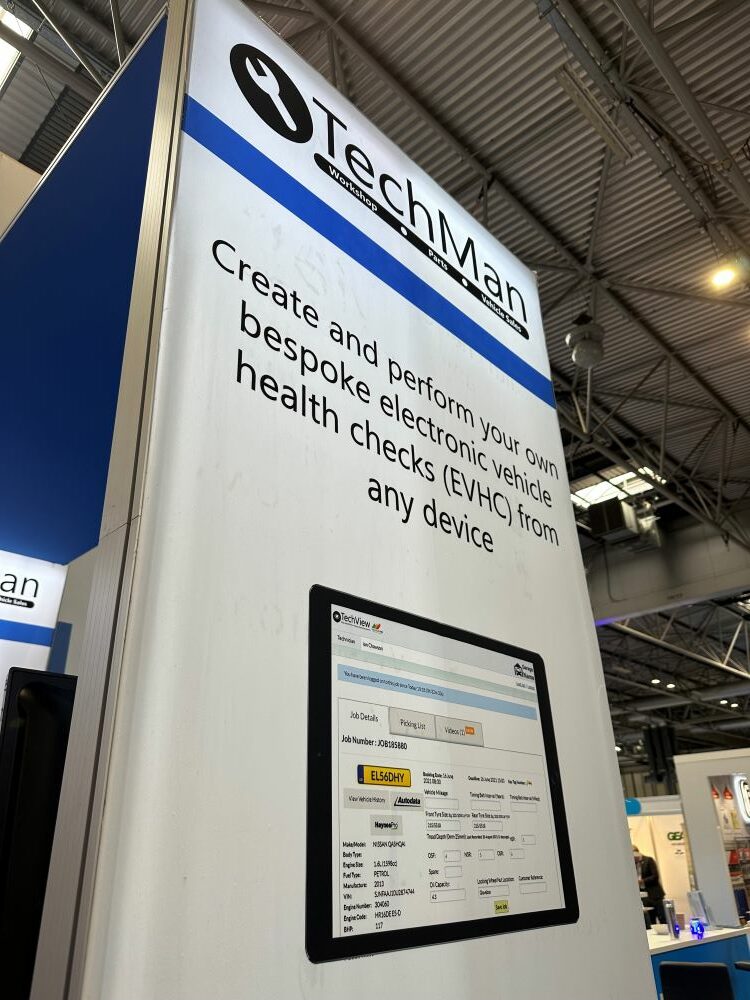Shortages are the only thing the UK doesn’t seem to be running out of right now. No cars, no petrol and delivery shortages. Every new car is practically a computer on wheels and according to Ola Källenius, the head of Germany’s Daimler and Mercedes-Benz, the chip shortage could continue into 2022 and even 2023. Аs they say – the need gives rise to the ingenuity and that is exactly what happens.
The aftermarket is proving to be resistant and going strong even in those situations.
The re-discovered popular way for car maintenance is the re-used or re-manufactured vehicle parts. Vehicle owners who know their way around the underside of a car bonnet are not considering this as a discovery, as they consider used car parts a cost-effective solution to restoring their car(s) to roadworthy condition.
This trend is bringing the UK in line with countries like France, Greece, New Zealand, the USA, and Australia that have been using that practice for years. In France, for instance, there is the Circular Economy Law which is making the use of recycled vehicle parts in repairs mandatory. The practice can help you, your community and the environment not only by saving money but also energy, time and natural resources.
“Increasing the use of reused car parts in vehicle repairs in the UK would see huge environmental benefits, as well as helping to drastically reduce pressure on premiums.
“However, the UK lags far behind other countries in the use of recycled parts, which is why insurers and garages should commit to always offer customers the choice when their vehicles are in for repair.”
eBay UK senior automotive business manager – Laura Richards is sharing in connection with eBay’s initiative with insurers Aviva and LV to encourage the use of recycled or green car parts. eBay is also working with green parts sellers to ensure that every product sold on its platform is certified, giving buyers confidence that their cars will be repaired with reliable parts.
“The scheme supports both the Environment Agency’s commitment to move towards a circular economy and the 95% recycling target set for end-of-life vehicles. It also enables consumers to make sustainable purchasing decisions.” So says the senior advisor of Environment Agency, Tania Tucker.
This trend is related to the pursuit of sustainable development and environmental protection and is observed not only in the context of cars. With 92 certified recyclers on eBay UK and an 11% rise in sales of green parts from the start of the programme, consumers are warming to the benefits of choosing recycled or reused parts. As long as a reputable parts supplier is used and we are buying intelligently and carefully, we will find that there is no need to buy brand new parts in the majority of cases.
List of car parts that can be recycled and reused:
– Engine oil – it doesn’t “go off” or become too old – it simply gets dirty. Reputable collectors can clean and reuse it as disposing of it incorrectly can harm the natural ecosystem.
– Windows, windscreen and Scrap metal – yes, they can be recycled and reused – no new information here.
– Car batteries (wet cell batteries) – most problematic if not appropriately recycled, recovered and reused. The steps include dissecting the battery into its various parts, such as lead, silver, plastic and acid. The valuable parts can be extracted for re-use, while the lead is melted down and acid neutralised.
– Car tires – Reputable dealers turn old unusable tires into a variety of things, including rubberised asphalt for paving and roads, as well as rubber crumb chippings for artificial surfaces.
– Plastic components – fuel tanks, lighting fixtures, bumpers, handles and levers, a car interior can be recycled through a mechanical chop and wash process.
– Oil filters – both the dirty oil and steel components can be recycled. The oil can be refined into lubricants or fuel, while the metal components can be reprocessed.
– Car engines and Transmissions – they have tremendous longevity. Both can be reconditioned or remanufactured and even a complete scrap one can be used by specialists to extract raw materials from it.
– Starters & Alternators – widely recyclable and can be recovered and reconditioned so they are as good as new. If it’s in a very bad condition – it’s still not the end of the road and it’s dismantled, melted and reused.


